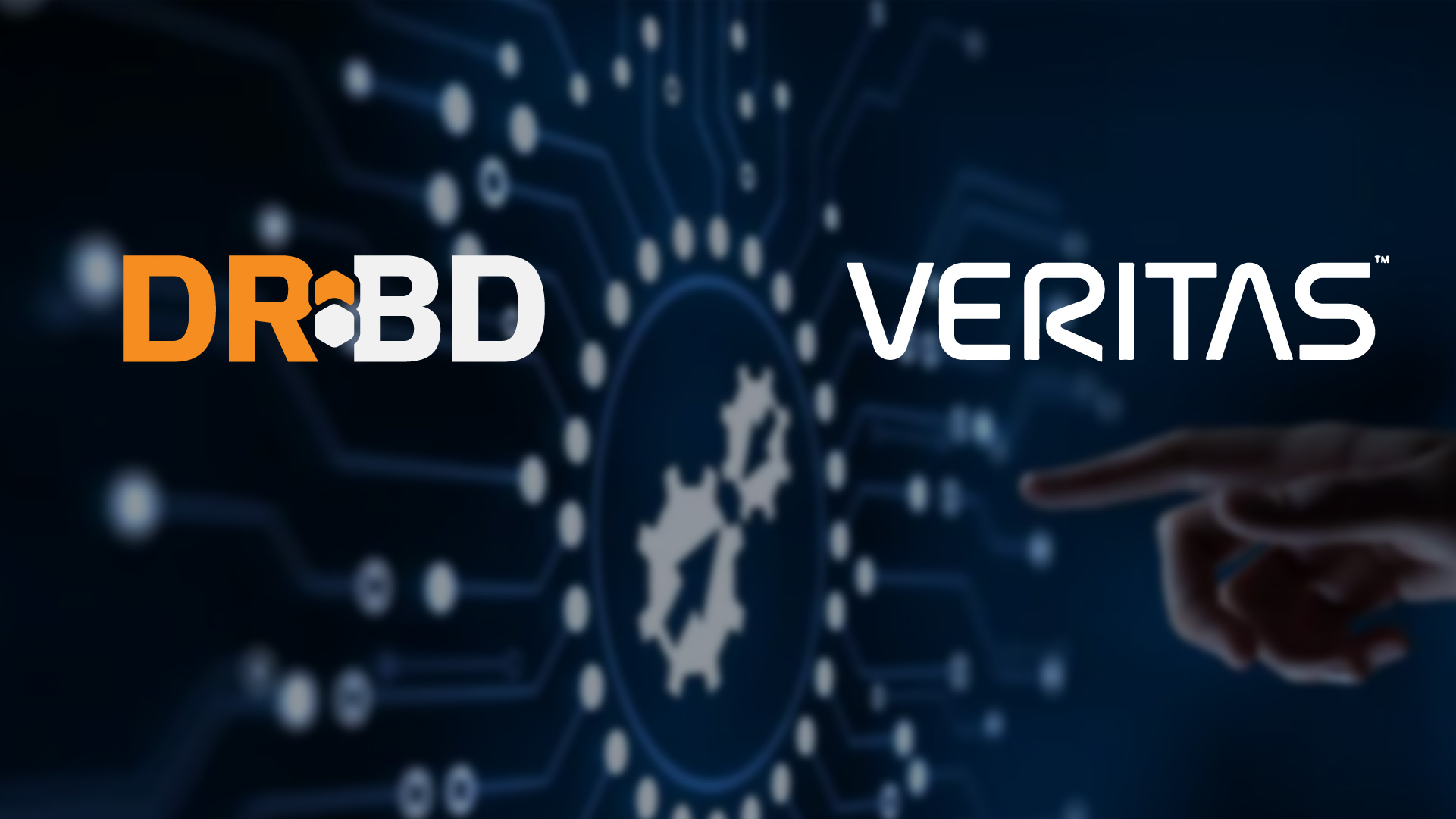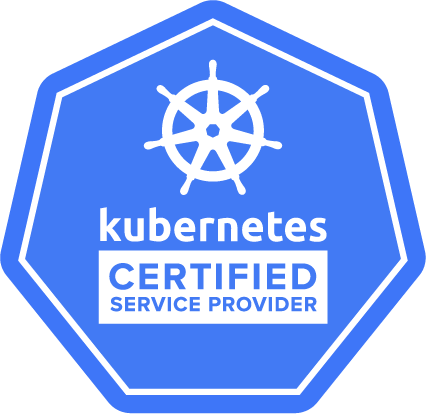The LINBIT® DRBD® software has been updated with integration for Veritas Infoscale Availability (VIA) – formerly VCS.
VIA, formerly known as Veritas Cluster Server (VCS), is a proprietary cluster manager for building highly available clusters on Linux. Examples of application cluster capabilities are Network File Sharing databases or e-commerce websites. VCS solves the same problem as the Pacemaker Open Source projects.
Yet, in contrast to Pacemaker, VCS has a long history on the Unix Platform. VCS came to Linux as Linux began to surpass legacy Unix platforms. In addition to its longevity, VCS has a strong and clean user experience. For example, VCS is ahead of the Pacemaker software regarding the clarity of log files. Notably, the Veritas Cluster Server has slightly fewer features than Pacemaker. (With great power comes complexity!)
VCS integration for DRBD
Since January 2018, DRBD has been shipping with integration to VCS. Users can now use VCS instead of Pacemaker and even control DRBD via VCS. It consists of two agents: DRBDConfigure and DRBDPrimary, that enable drbd-8.4 and drbd-9.0 for VCS.
Full documentation can be found here on our website:
- The DRBD9 User’s Guide serves users of the Distributed Replicated Block Device version 9 (DRBD-9) as a definitive reference guide and handbook.
- LINBIT provides two DRBD Volume Replication agents for VCS,
DRBDConfigure, andDRBDPrimary.
Besides VCS, LINBIT DRBD supports a variety of Linux software so you can keep your system up and running.
| Pacemaker | 1.0.11 and up |
| Heartbeat | 3.0.5 and up |
| Corosync | 2.x and up |
Reach out to [email protected] for more information.
We are driven by the passion of keeping the digital world running. That’s why hundreds of customers trust our expertise, services and products. Our OpenSource product DRBD has been installed several million times. Linbit established DRBD® as the industry standard for High-Availability (HA) and data redundancy for mission-critical systems. DRBD enables disaster recovery and HA for any application on Linux, including iSCSI, NFS, MySQL, Postgres, Oracle, Virtualization and more.


